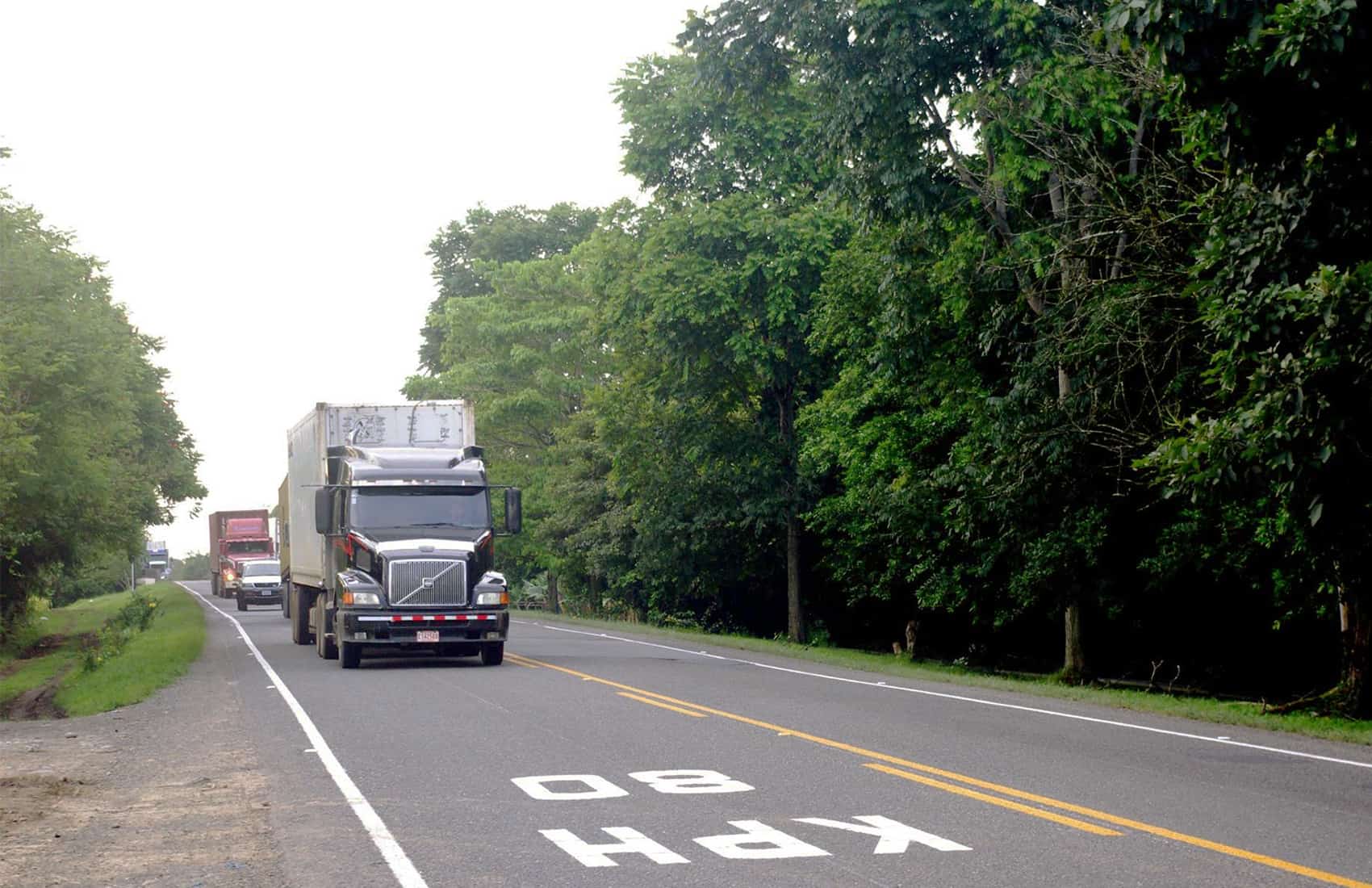From January 4-17, there will be stricter measures for some activities:
- Beaches will be open only from 5 a.m. until 2:30 p.m.
- Bars and casinos must limit capacity to 25%.
- National Parks must limit capacity to 50%.
Commercial establishments throughout the country can remain open during the week from 5 a.m. to 10 p.m., and on weekends from 5 a.m. to 9 p.m.
A slightly stricter vehicular nighttime restriction applies from January 4-31 as follows:
- Monday to Friday: The nighttime vehicular restriction will remain from 10 p.m. until 5 a.m.
- Saturdays and Sundays: The nighttime vehicular restriction will be from 9 p.m. until 5 a.m. In addition:
- Saturdays: Vehicles with license plates ending in 1, 3, 5, 7, 9 cannot drive.
- Sundays: Vehicles with license plates ending in 0, 2, 4, 6, 8 cannot drive.
The usual daytime driving restrictions apply:
- Mondays: Vehicles with license plates ending in 1 or 2 cannot drive.
- Tuesdays: Vehicles with license plates ending in 3 or 4 cannot drive.
- Wednesdays: Vehicles with license plates ending in 5 or 6 cannot drive.
- Thursdays: Vehicles with license plates ending in 7 or 8 cannot drive.
- Fridays: Vehicles with license plates ending in 9 or 0 cannot drive.
The typical list of exceptions, which includes rental vehicles, still applies, and public transportation can operate normally. The full list of exceptions can be found here.
Entry requirements for tourists during Covid-19
Since November 1, tourists from anywhere in the world can visit Costa Rica.
Visitors can arrive to Costa Rica via a flight, sailboat or yacht. The land borders remain closed for incoming tourists. Costa Rica does not require a negative coronavirus test, but travel medical insurance is necessary.
Here are are the requirements to fly into Costa Rica on a commercial flight as a tourist as of November 1:
- Fill out the electronic epidemiological HEALTH PASS form, available at https://salud.go.cr. This should be completed in the 48 hours before boarding for Costa Rica. It generates a QR code that you must show upon arrival; some airlines ask for it at check-in.
- Purchase Traveler’s Medical Insurance: This can be either from an international company, or purchased through the National Insurance Institute (INS) or Sagicor of Costa Rica, covering the duration of your stay in Costa Rica.
INS and Sagicor policies are pre-approved and guaranteed to be accepted by Costa Rican authorities. However, many visitors choose international policies, because they are often cheaper.
Tourists who opt to purchase an international policy must bring a letter demonstrating:
- Guaranteed coverage of medical expenses in the event of becoming ill with COVID-19 while in Costa Rica, for at least $50,000 USD.
- Minimum coverage of $2,000 USD for lodging expenses issued as a result of the pandemic.
- Validity of the policy throughout the planned stay in Costa Rica.
If you believe you have COVID-19, contact Costa Rica’s hotline at 1322. English-speaking staff and mental health professionals are available. Visit the Costa Rican Presidency for the official list of coronavirus measures and alerts.






